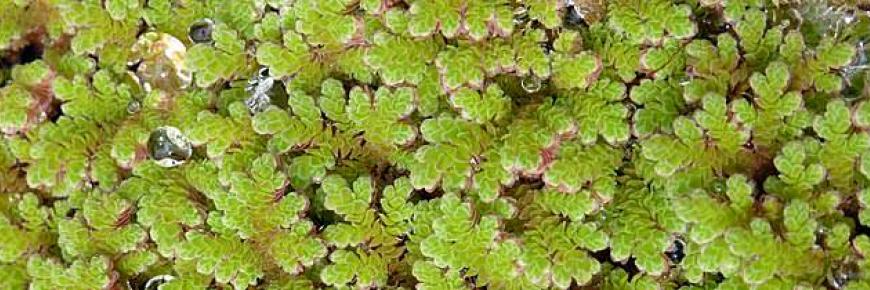Training and Awareness Raising
With increasing rates of global trade and travel, species are transported around the globe at an ever increasing rate.
Some of these species establish themselves in new environments and start to spread rapidly, causing ecological and socio-economic damage. These species are termed 'invasive'. Once an invasive species is established, the ongoing cost of managing the population and mitigating the impacts on environmental services are often considerable.
Both plants and animals can be introduced around the world by humans either deliberately or accidentally. This can occur for a number of reasons:
Ornamental/decoration - Many plants are introduced for use in gardens, such as Himalayan balsam and floating pennywort.
Fishing – The introduction of new fish and aquaculture species such as top mouth gudgeon and the zebra mussel have been causing problems in European freshwater habitats
Game and hunting – American mink were introduced toEurope to be farmed for their fur. Now escaped wild populations are pushing native species (such as the water vole) towards extinction
Biological control - In order to control non-native invasive species, sometimes natural enemies from their home range (such as beetles or fungi) must be introduced
Pets – The trade of exotic birds such as the ring-necked parakeet resulted in feral populations establishing in majorUK cities.
Human activity is the most common pathway of invasion and spread for a variety of taxa, therefore the problem of invasive species can be tackled by raising awareness within the general public - the aim of Work Package Two of the RINSE Project.

RINSE have funded and facilitated a number of projects to increase public awareness and knowledge of invasive non-native species through education, participation and engagement.
Education
Q Bank - An online library of plant pests from a variety of taxa which was expanded by RINSE to include 50 invasive plants.
Farming and Invasive Species - Two detailed presentations on the control and management of six invasive non-native species commonly found on farmland.
Leaflets and Posters - RINSE created a series of informative leaflets and posters on the impacts of invasive non-native species. These materials are important tools for raising awareness across the wider community.
Participation
That's Invasive! - A smartphone app which allows users to identify, photograph and submit sightings of 35 invasive non-native species, available in Dutch, English and French.
Engagement
Training Workshops - RINSE partners organised local events to promote biosecurity messages to targeted audiences including road maintenance workers, highways managers and anglers.
Best Practice Workshops - RINSE project Partners hosted three Best Practice Workshops to share expert knowledge on the control of INS including: Invasive Mammals and Geese (3 & 4 July, 2013, Ghent, Belgium), Invasive Aquatic Plants (17 & 18 October 2013, Norwich, UK) and Catchment Approach in the Management of INS (April, Northern France).
The Activity Report for Work Package 2 is available here

